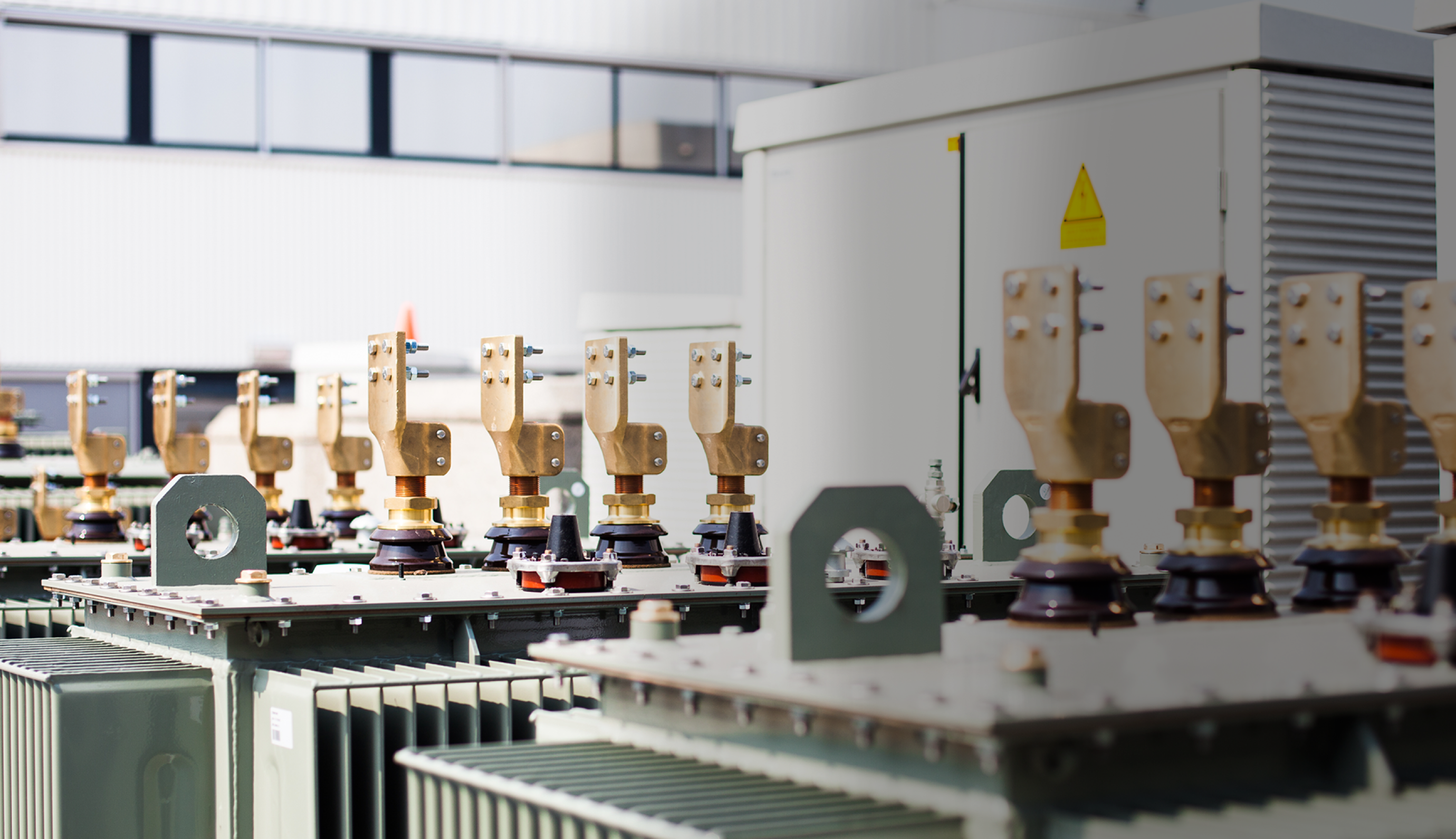
The
smarter grids of
the future
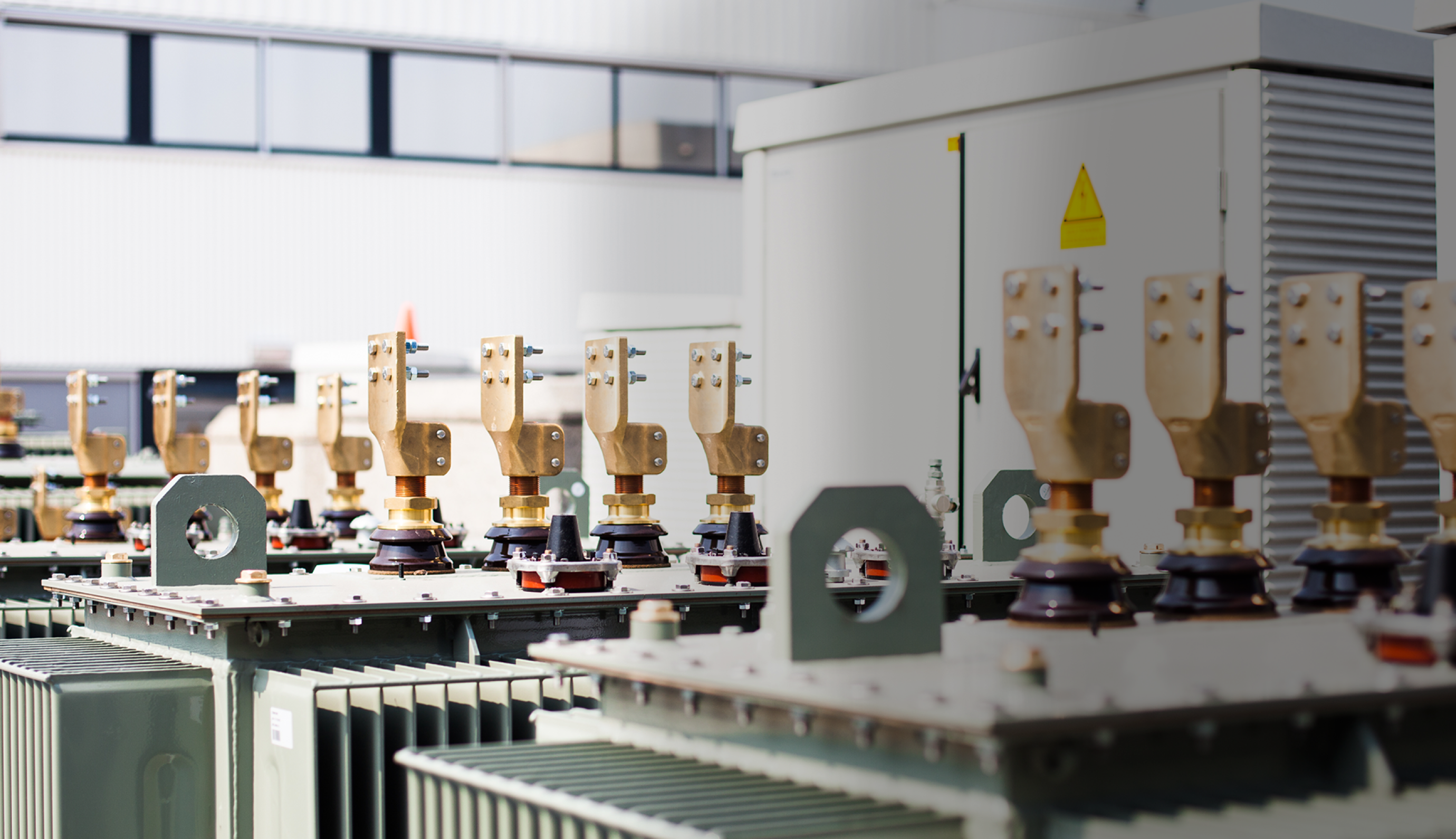
products can be used by their operators to make informed decisions about which option makes the most sense at any given time and when that situation is most likely to arise. As a result, decisions can be automated.
Data and digitalisation are also essential for remotely monitoring assets and this helps operational managers to make smarter maintenance decisions which, in turn will optimise the lifespan of the products. For example, understanding the temperature and load of batteries and transformer substations is essential for effective management of them, not least, for health and safety purposes. Data and digitalisation are also important for energy management of charging stations. Not just to enable individual charge points, for example to charge vehicles when it’s cheaper, but also for larger commercial installations of multiple interconnected charging stations in a Smart Charging Network. In these situations it enables active load balancing, to share the available power at any one time across all charging stations in use, or to let you choose to prioritise which ones should receive priority, while keeping the whole within the grid connection capacity. This functionality allows customers to connect up to 100 charge points (tested) in a single installation, while maximising charging within the power constraints, therefore avoiding an expensive grid connection upgrade or being penalised for going above the allotted capacity.
What role do data, digitalisation and decentralisation play?
The sharing of data is essential in a smart grid. Real-time understanding of the assets attached to the local distribution grid provides the ability to make decisions about how to best match supply and demand. Likewise, that data can be modelled to help better predict future supply and demand.
Alfen Connect is deployed across all Alfen product lines to enable real-time monitoring and control. It provides a whole host of data related to the use of our products and their power loading profiles at any given time. The people managing the installation can use this data to understand how to make best use of them within the broader grid environment. For example, at the ADO football stadium in the Hague, excess solar power is stored in TheBattery and can then be either sold back to the grid company in times of peak demand, sold to EV users at the stadium to charge their cars or traded on the wholesale and balancing markets. The data from those integrated
Energy transition has many implications for the way we produce and use energy. Increasing demand for electricity, particularly as heating and cars switch to electric, combined with more fluctuating renewable energy generation, makes balancing supply and demand a challenge and this causes grid instability.
A smart grid addresses this by interconnecting a range of technologies, market players and controls, and facilitating two-way communication and electricity flow. These things enable energy to be produced, transported and used more efficiently and, in theory,
at least cost, while safeguarding grid reliability.


Go to next article

Go back
Climate change and therefore energy transition are here to stay and they will increasingly present challenges but Alfen is a solutions company - we love to solve problems! Our existing products and solutions already enable us to make a great contribution, for example, to absorb the demand peaks. Our integrated solutions also do that but offer multiple benefits i.e. to enable value stacking, which can really present customers with a strong business case for investment.
I expect more and more of those integrated projects and solutions going forward. The increase in EVs will drive a lot of it because of the grid impact of all the extra charging requirements. Imagine if all visitors to hotels, parking garages, events, or amusement parks in just one city or region drove EVs! The solution would have to be about much more than just providing smart charge points. The power demand would require integrated solutions that also included transformer substations and energy storage and that is exactly the space that Alfen operates in and we already have great experience!
How do you see the future and what are the opportunities and challenges?
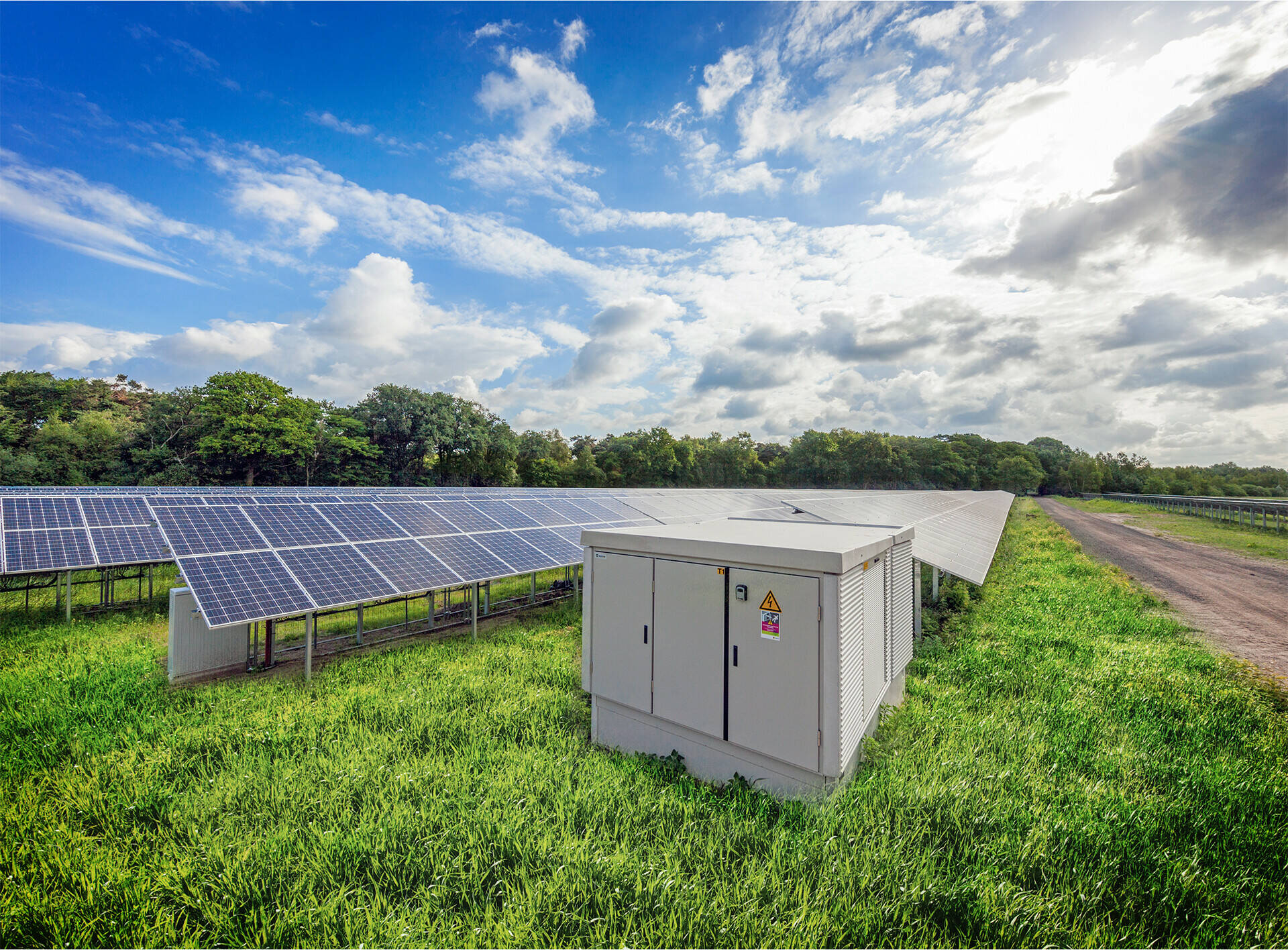

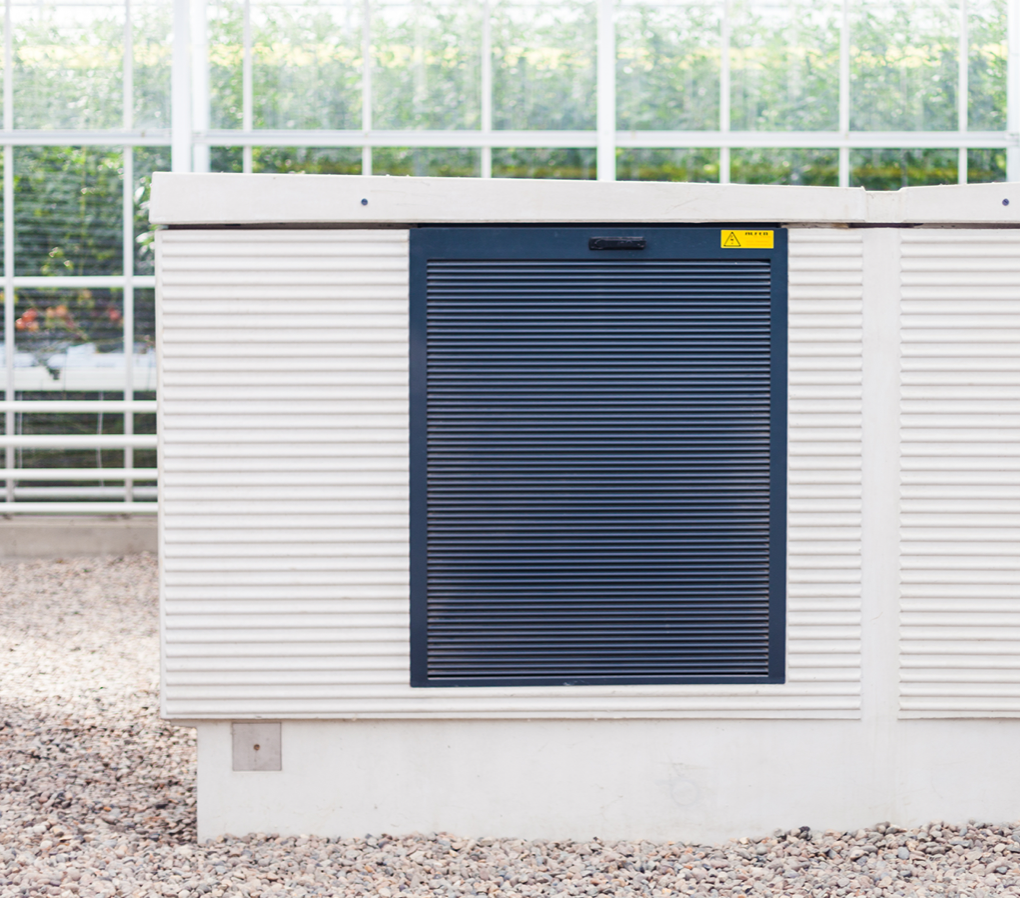
“ The sharing of data is essential in a smart grid ”
Serge Kraaijeveld
Commercial Manager
Alfen Smart Grid Solutions
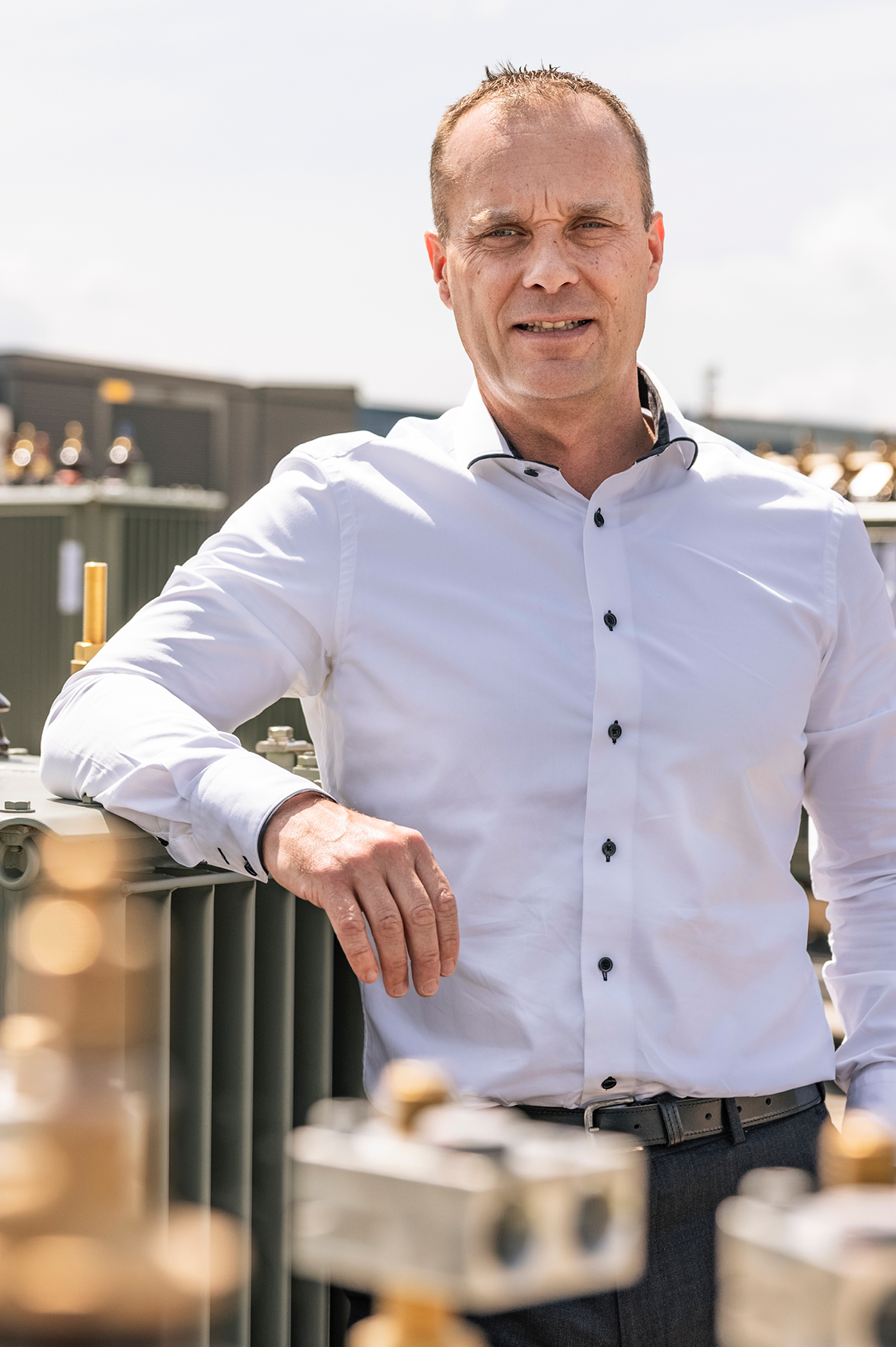

What role do data, digitalisation and decentralisation play?
The sharing of data is essential in a smart grid. Real-time understanding of the assets attached to the local distribution grid provides the ability to make decisions about how to best match supply and demand. Likewise, that data can be modelled to help better predict future supply and demand.
Alfen Connect is deployed across all Alfen product lines to enable real-time monitoring and control. It provides a whole host of data related to the use of our products and their power loading profiles at any given time. The people managing the installation can use this data to understand how to make best use of them within the broader grid environment. For example, at the ADO football stadium in the Hague, excess solar power is stored in TheBattery and can then be either sold back to the grid company in times of peak demand, sold to EV users at the stadium to charge their cars or traded on the wholesale and balancing markets. The data from those integrated products can be used by their operators to make informed decisions about which option makes the most sense at any given time and when that situation is most likely to arise. As a result, decisions can be automated.
Data and digitalisation are also essential for remotely monitoring assets and this helps operational managers to make smarter maintenance decisions which, in turn will optimise the lifespan of the products. For example, understanding the temperature and load of batteries and transformer substations is essential for effective management of them, not least, for health and safety purposes. Data and digitalisation are also important for energy management of charging stations. Not just to enable individual charge points, for example to charge vehicles when it’s cheaper, but also for larger commercial installations of multiple interconnected charging stations in a Smart Charging Network. In these situations it enables active load balancing, to share the available power at any one time across all charging stations in use, or to let you choose to prioritise which ones should receive priority, while keeping the whole within the grid connection capacity. This functionality allows customers to connect up to 100 charge points (tested) in a single installation, while maximising charging within the power constraints, therefore avoiding an expensive grid connection upgrade or being penalised for going above the allotted capacity.
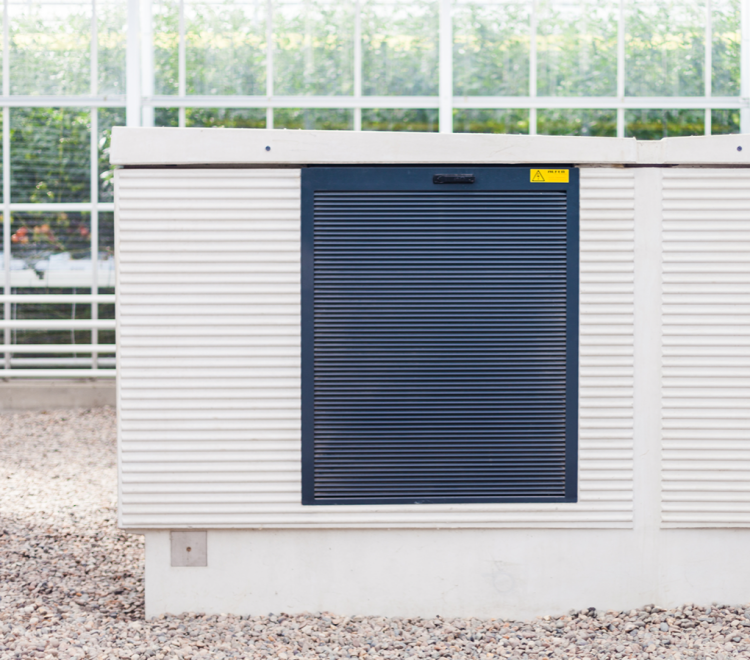
Climate change and therefore energy transition are here to stay and they will increasingly present challenges but Alfen is a solutions company - we love to solve problems! Our existing products and solutions already enable us to make a great contribution, for example, to absorb the demand peaks. Our integrated solutions also do that but offer multiple benefits i.e. to enable value stacking, which can really present customers with a strong business case for investment.
I expect more and more of those integrated projects and solutions going forward. The increase in EVs will drive a lot of it because of the grid impact of all the extra charging requirements. Imagine if all visitors to hotels, parking garages, events, or amusement parks in just one city or region drove EVs! The solution would have to be about much more than just providing smart charge points. The power demand would require integrated solutions that also included transformer substations and energy storage and that is exactly the space that Alfen operates in and we already have great experience!
How do you see the future and what are the opportunities and challenges?


Go to next article

Go back

“ The sharing of data is essential in a smart grid ”
Energy transition has many implications for the way we produce and use energy. Increasing demand for electricity, particularly as heating and cars switch to electric, combined with more fluctuating renewable energy generation, makes balancing supply and demand a challenge and this causes grid instability.
A smart grid addresses this by interconnecting a range of technologies, market players and controls, and facilitating two-way communication and electricity flow. These things enable energy to be produced, transported and used more efficiently and, in theory,
at least cost, while safeguarding grid reliability.
Serge Kraaijeveld
Commercial Manager
Alfen Smart Grid Solutions
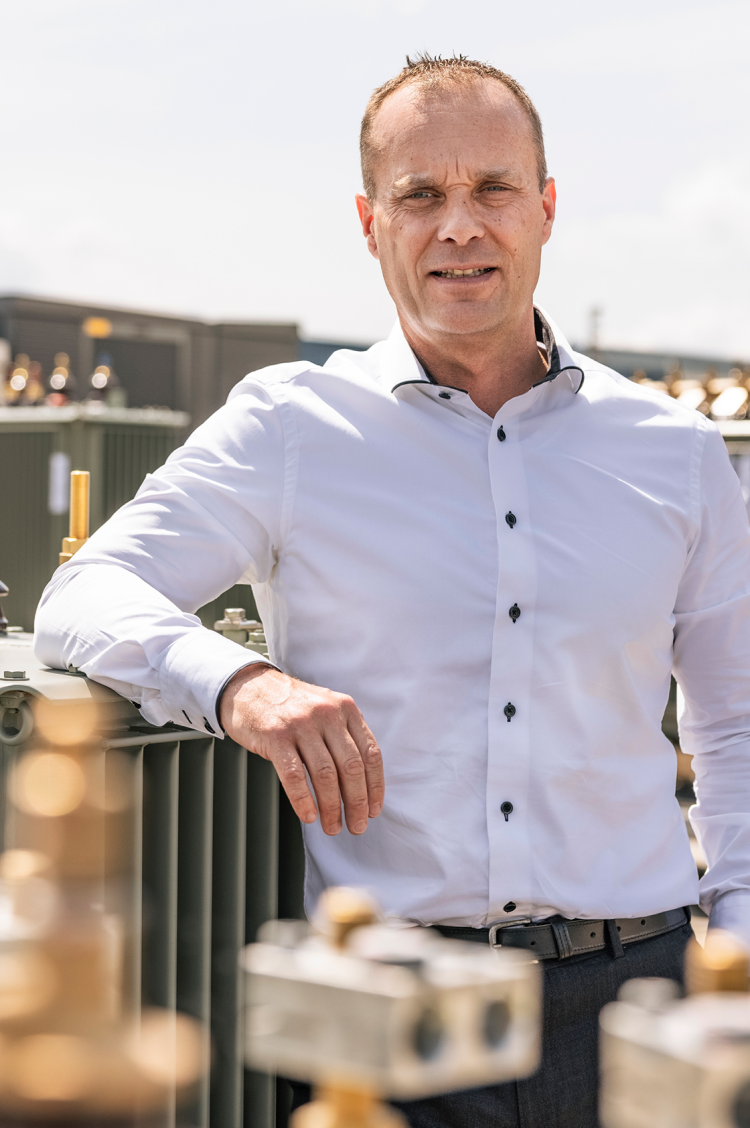
The
smarter grids of
the future
